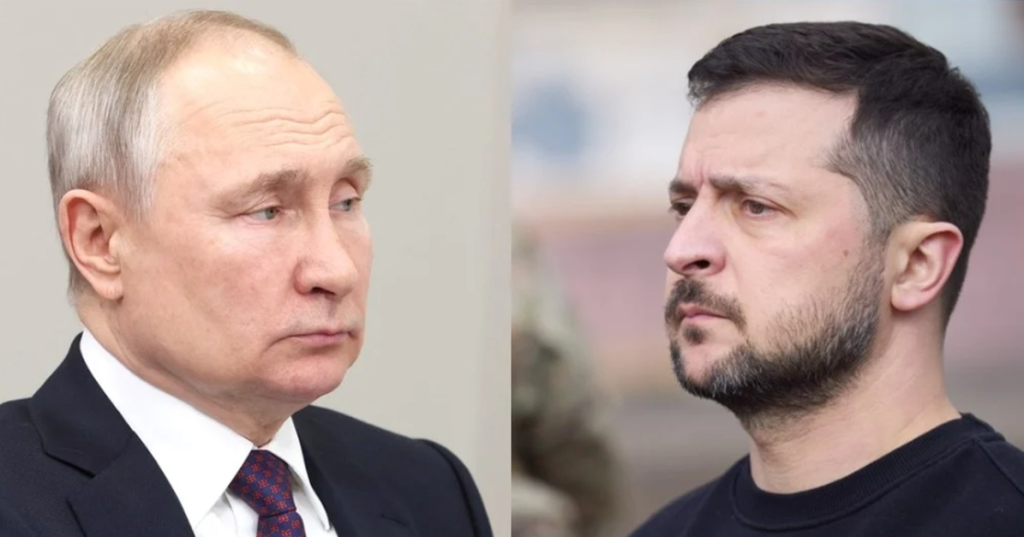He also emphazised, that he would prefer a peaceful ending to the war, but not at any cost.
Others are reading now
He also emphazised, that he would prefer a peaceful ending to the war, but not at any cost.
What is happening?
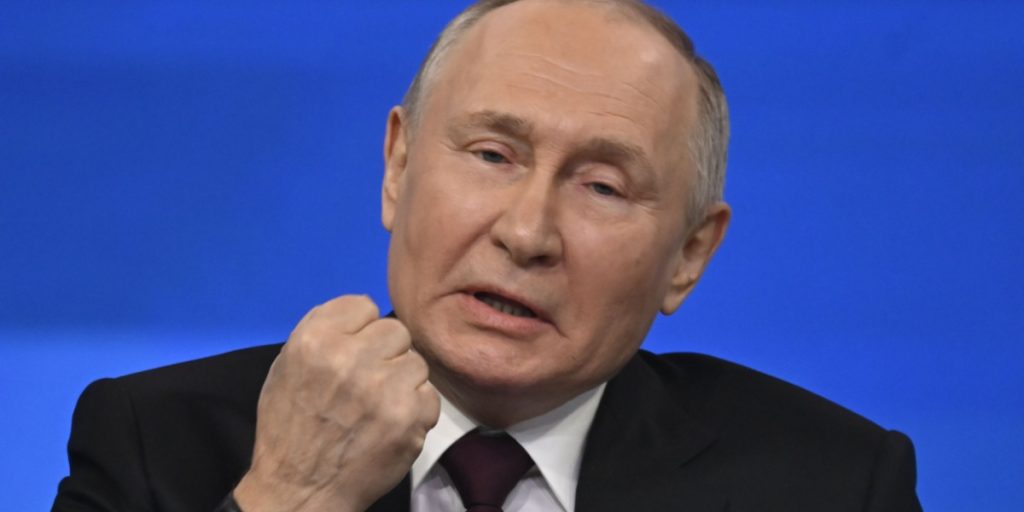
Russian President Vladimir Putin said on Wednesday that the war in Ukraine could end through negotiations—if Kyiv adopts a rational approach.
According to Reuters, Putin emphasized diplomacy as the preferred route, but he also made it clear that force remains an option if talks fail.
Comments come during Beijing visit
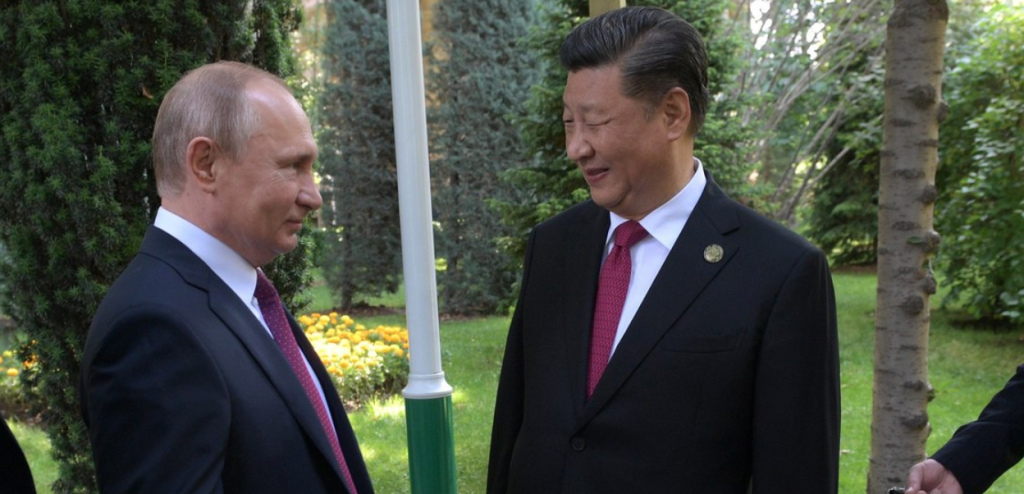
Putin made his remarks at the close of a state visit to China, where he and Chinese officials finalized a deal for a new gas pipeline.
The visit underlined Russia’s pivot eastward as Western sanctions continue to isolate Moscow.
Also read
A glimpse of optimism from Washington
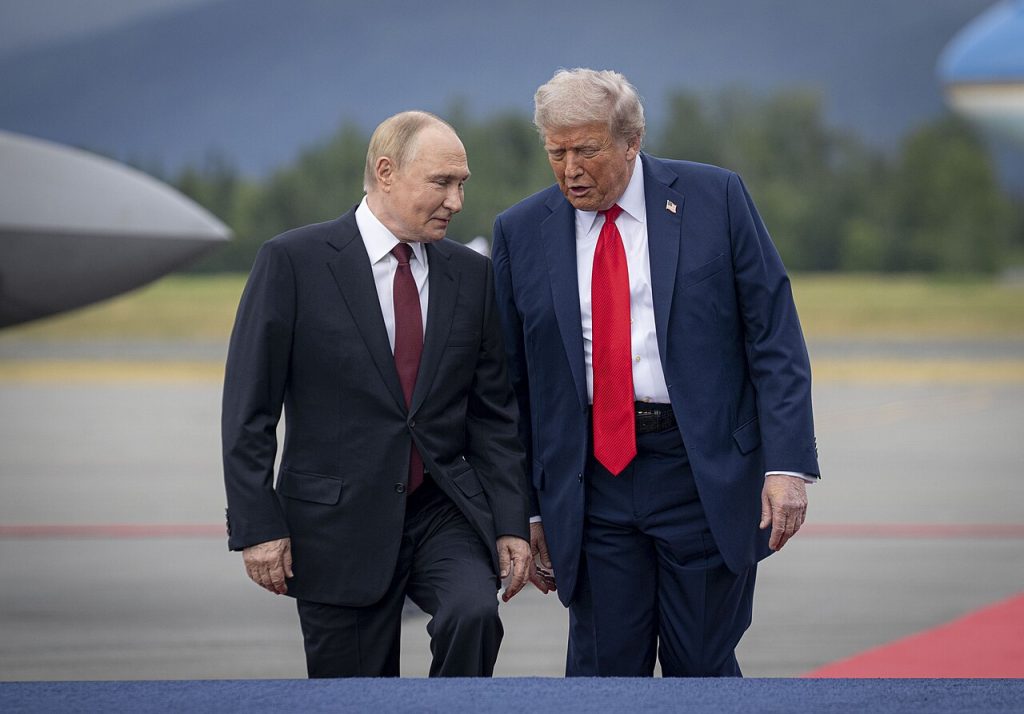
In a rare note of optimism, Putin said he sees “a certain light at the end of the tunnel,” referencing what he claimed were sincere efforts from the United States to help find a diplomatic resolution to the war—the largest in Europe since World War II.
Trump administration draws praise
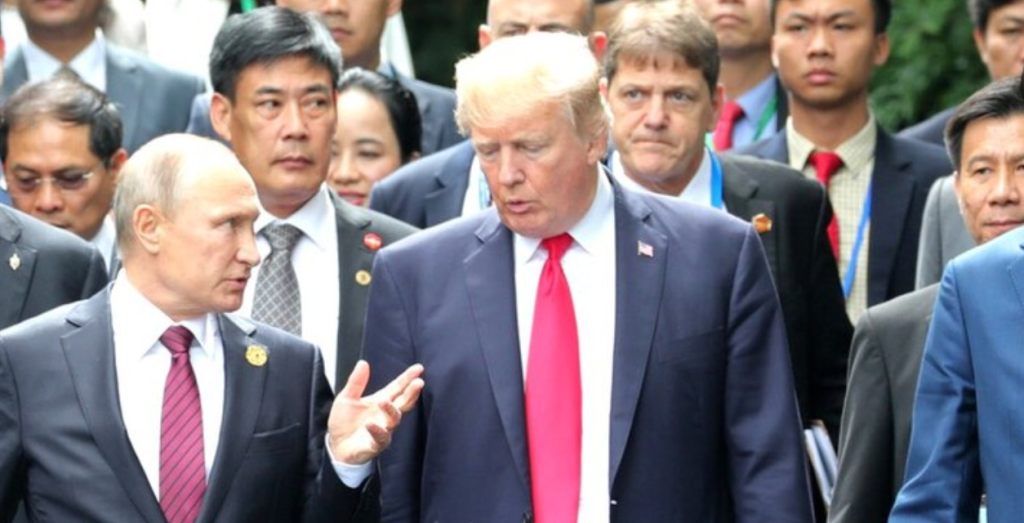
Putin singled out the current U.S. leadership under President Donald Trump, saying Russia sees not only rhetorical gestures but a “sincere desire” to broker peace.
“Let’s see how the situation develops,” he added cautiously.
Military action still on the table

Despite the diplomatic overture, Putin warned that if talks fail, Russia will press ahead using military means.
“If not, then we will have to resolve all the tasks before us by force of arms,” he stated.
Also read
No softening on core demands
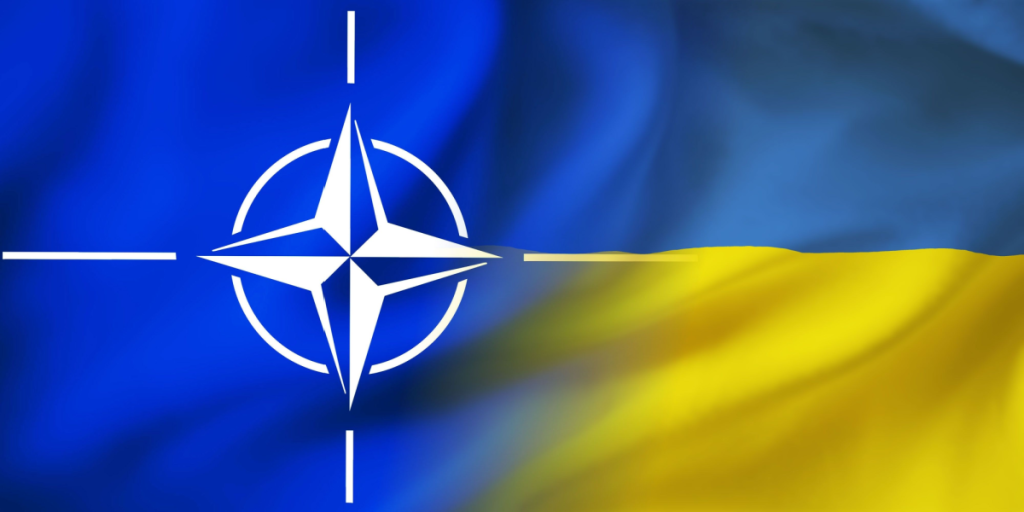
Putin showed no signs of flexibility on Russia’s long-standing demands.
He insisted Ukraine must abandon its ambition to join NATO and stop what Moscow characterizes as the discrimination of Russian-speaking citizens—a claim Kyiv and Western nations deny.
Talks with Zelenskiy? Only in Moscow
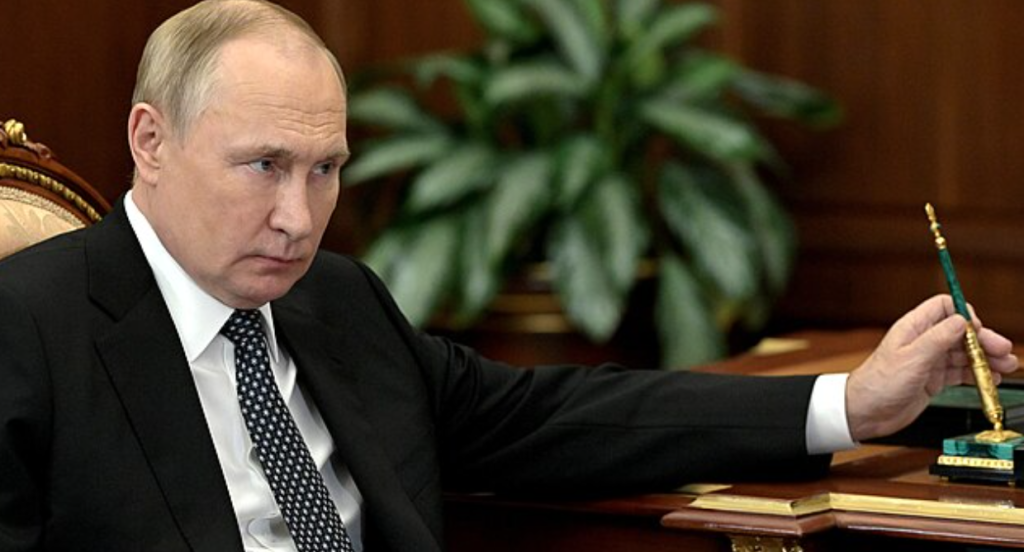
Putin said he would be willing to meet Ukrainian President Volodymyr Zelenskiy—but only if the meeting were held in Moscow.
He stressed that such talks must be “well prepared” and lead to “tangible results.”
Kyiv rejects Moscow meeting venue
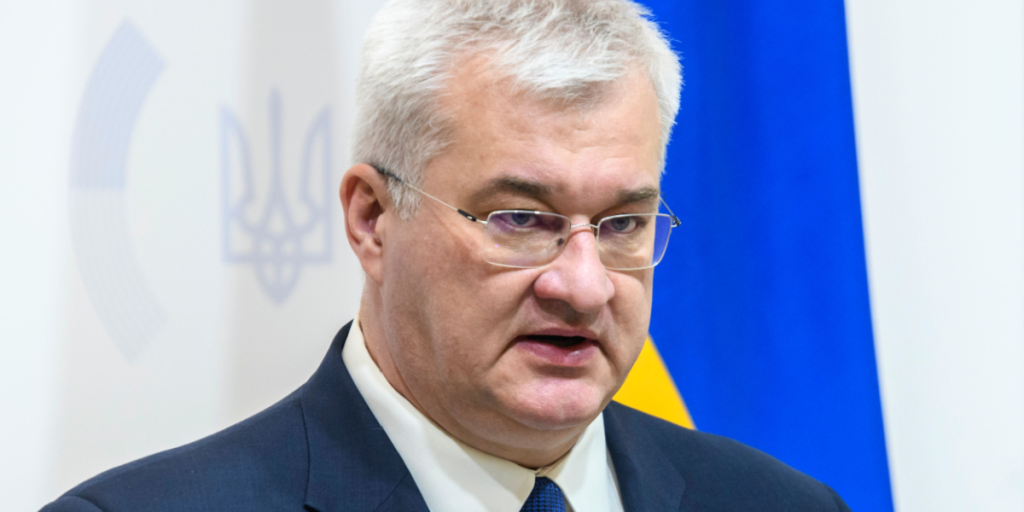
Ukraine’s foreign minister Andrii Sybiha quickly rebuffed the suggestion, calling Moscow an “unacceptable” venue for peace negotiations.
Also read
Ukrainian officials argue that meaningful dialogue cannot happen under conditions set by the aggressor.
Zelenskyy pushes for a diplomatic breakthrough
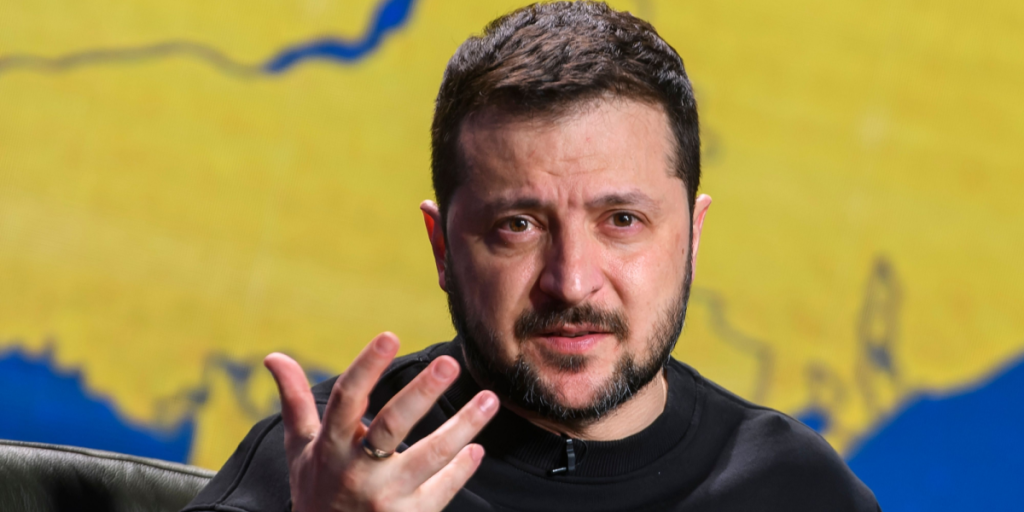
Despite sharp divisions, Zelenskiy continues to advocate for dialogue.
He has publicly called for a one-on-one meeting with Putin to discuss a possible deal—though the distance between the two sides remains vast.
Ukraine calls for tougher U.S. sanctions
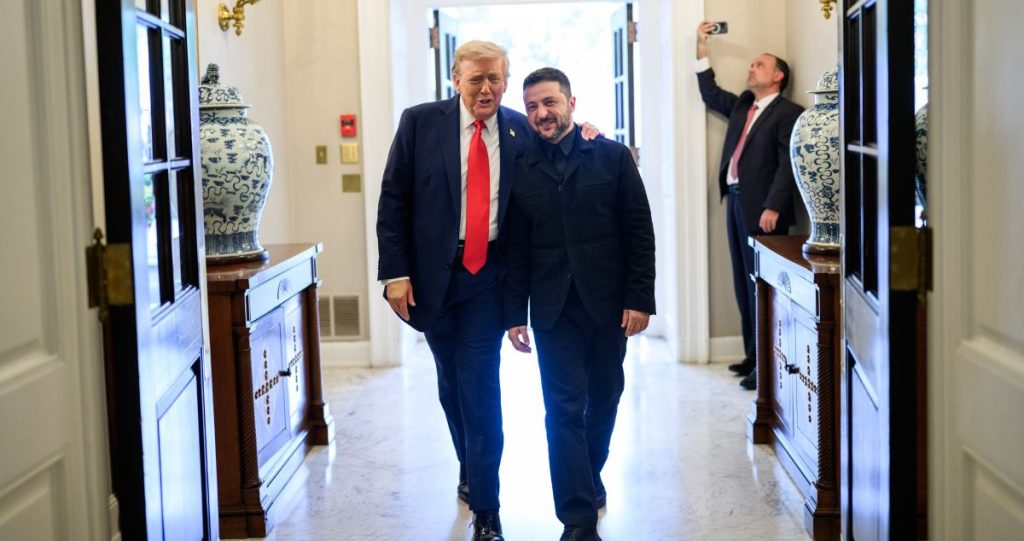
Zelenskiy has urged Washington to step up pressure on Moscow.
He wants tougher sanctions imposed if Putin refuses to engage seriously in peace efforts, aiming to leverage U.S. support to push Russia back to the negotiating table.
Also read
Trump’s role: Broker or bystander?
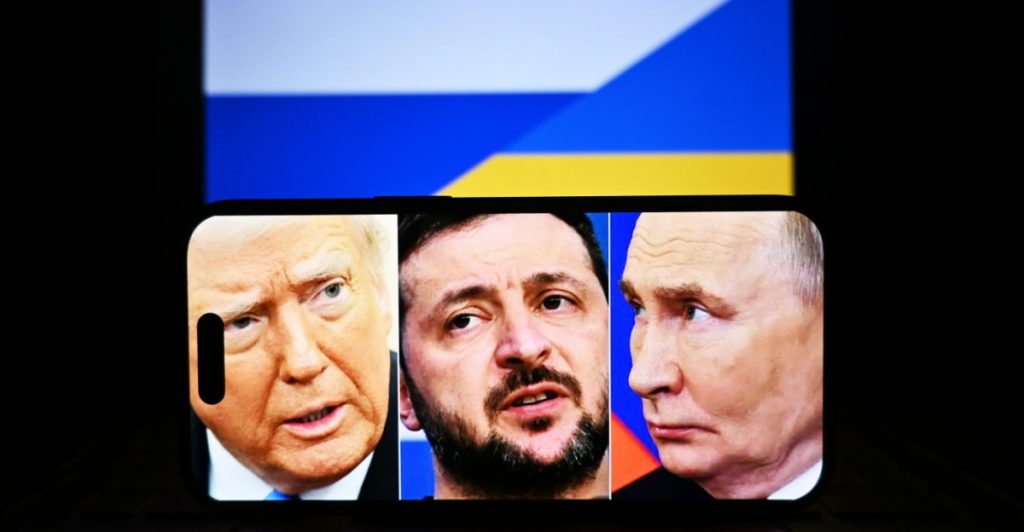
Donald Trump, trying to position himself as a peace broker, has encouraged both leaders to meet.
While he has threatened secondary sanctions against Russia, those penalties have not yet materialized, and his role remains uncertain.
Putin: Peace preferred, but not at any cost
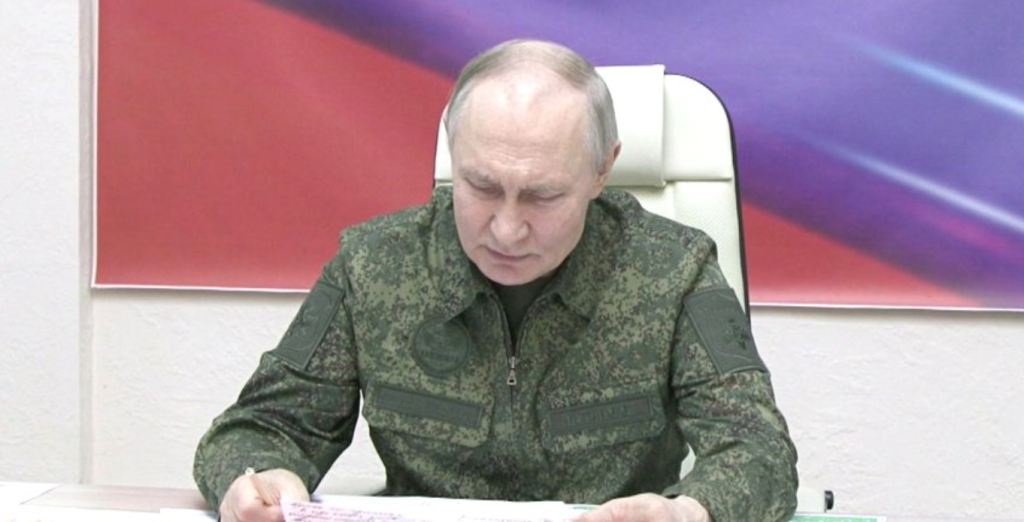
Putin reiterated that Russia prefers to end the conflict “by peaceful means.”
However, he left no doubt that if diplomacy stalls or fails, Russia will escalate the military campaign to achieve its strategic aims.
Russia’s annexation claims stand firm
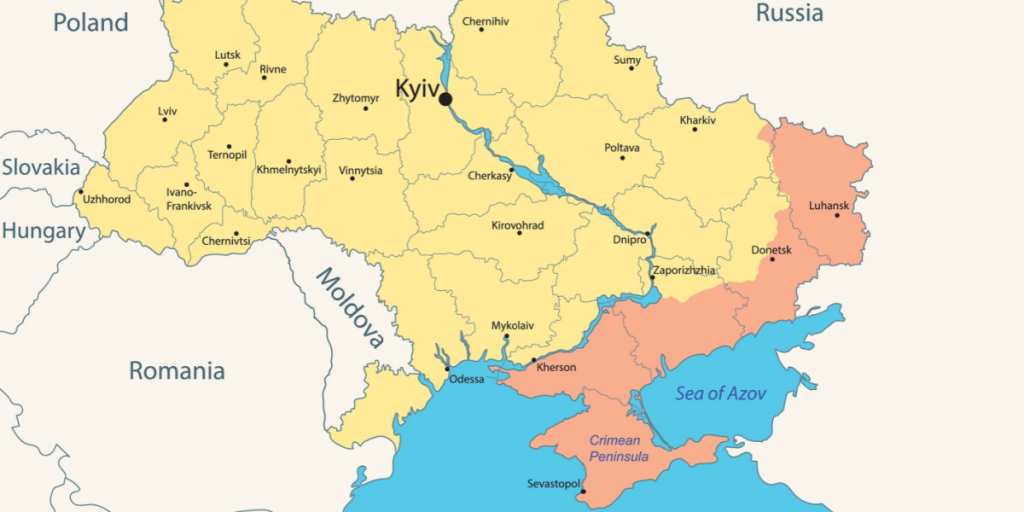
Putin’s stance is further complicated by Russia’s claim to have annexed four Ukrainian regions.
Also read
The Kremlin insists these areas are now Russian territory—a claim Kyiv and nearly all Western nations reject as illegal and illegitimate.
Peace still distant, despite talks
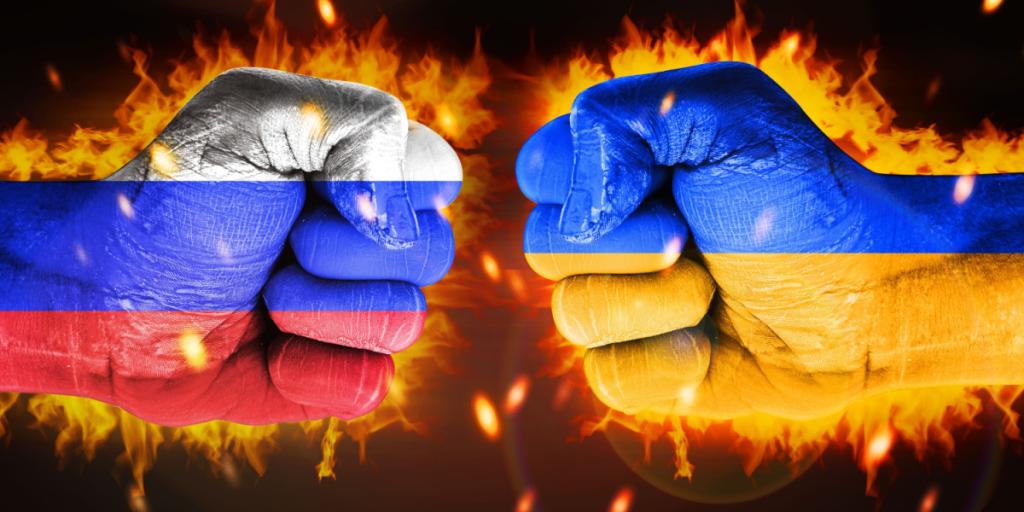
Though both sides speak of peace, the conditions for a breakthrough are far from aligned.
With hardline positions on both sides, deep mistrust, and key demands unresolved, a negotiated end to the war remains elusive—for now.

